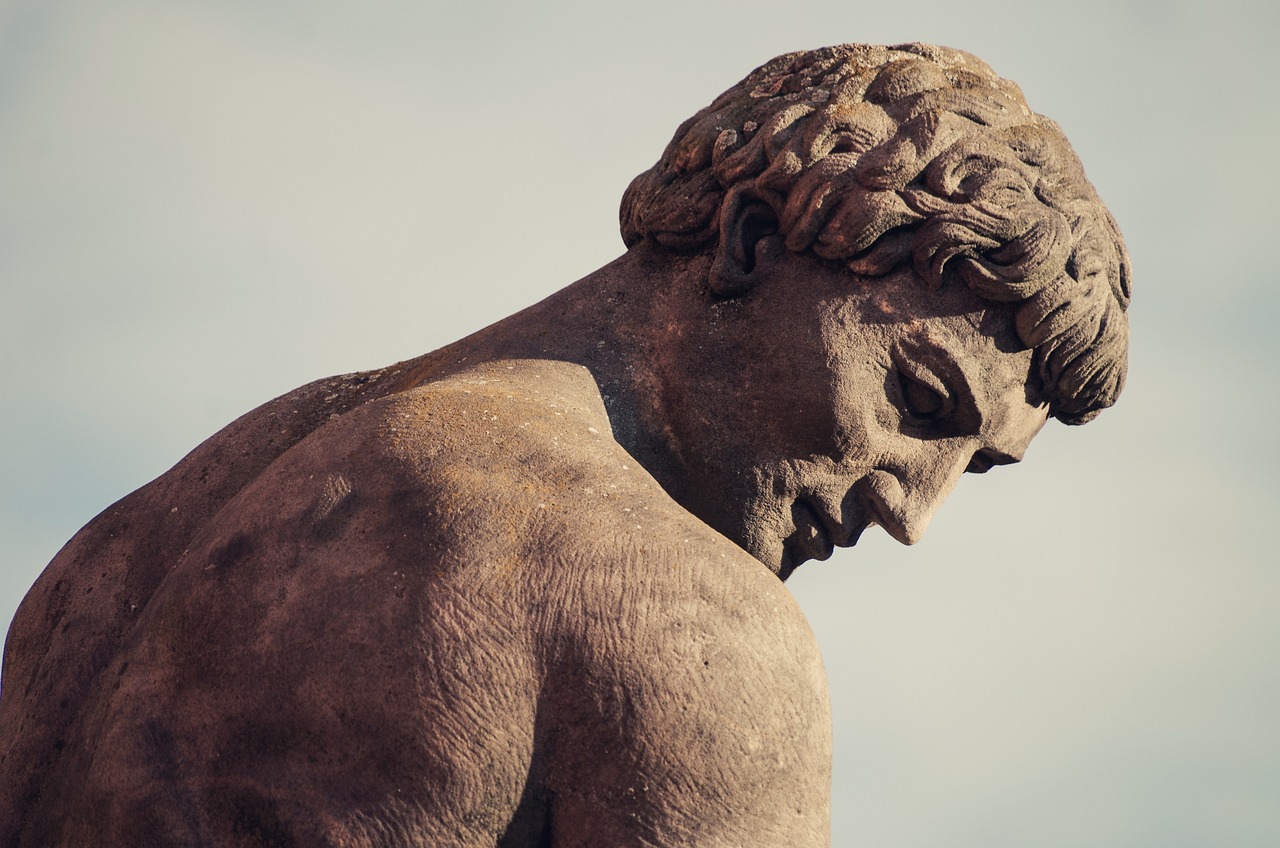Poseidon, the esteemed deity of the sea, earthquakes, and horses, holds a significant stature in Greek mythology as one of the Twelve Olympians. He is one of the most formidable gods, alongside Zeus and Hades, governing all waters and being particularly revered by sailors and fishermen.
Iconography of Poseidon
Often depicted brandishing his iconic trident, Poseidon is characteristically portrayed with flowing curly hair and a majestic beard. His portrayals sometimes include him navigating the waters in a chariot drawn by hippocampuses—mythical creatures resembling horses with fish tails.
Powers and Influences
Poseidon’s dominion over the ocean granted him unparalleled control. He could summon violent storms that could sink ships or calm the seas to facilitate safe passage for sailors. Additionally, his influence extended to the land, where he could instigate earthquakes, earning him the moniker “earth-shaker.”
Origins of Poseidon
Born to the Titan rulers Cronus and Rhea, Poseidon’s life began ominously when Cronus, fearing a prophecy that he would be overthrown by his own offspring, swallowed him whole. However, he was later liberated by his brother Zeus.
Overthrow of the Titans
Poseidon collaborated with Zeus and Hades to overthrow the Titans, leading to their dominion over the cosmos. They chose their realms by casting lots, resulting in Poseidon assuming control over the sea, while Zeus claimed the sky and Hades the Underworld.
The Creation of the Horse
Among Poseidon’s celebrated feats is the creation of the horse, which is told through two compelling tales. The first narrative highlights his infatuation with Demeter, prompting him to create a magnificent creature to win her favor. Yet, as he toiled, his affections faded once the horse was completed. Alternatively, another tale suggests he fashioned the horse to secure Athens, challenging the goddess Athena for patronage.
Contest with Athena
In a bid for supremacy over the city-state of Athens, both Poseidon and Athena presented their gifts to its leaders. Athena’s offering of the olive tree, which provided wood, olives, and oil, proved more beneficial than Poseidon’s gift of the horse—or, in some versions, a fountain of saltwater. Athena secured the role of Athens’ patron goddess, leading to an enduring rivalry between the two deities. This conflict notably unfolds in Homer’s “Odyssey,” where Poseidon endeavors to hinder Odysseus, who is aided by Athena.
Remarkable Offspring
Poseidon’s relationships with both mortals and divine beings resulted in an array of fascinating progeny. Among them are formidable creatures such as Charybdis and the Cyclops Polyphemus, both of whom posed threats to Odysseus. Other children, such as the heroic figure Theseus, the renowned hunter Orion, and the majestic winged horse Pegasus, exemplify a broader spectrum of his legacy.
Fascinating Facts About Poseidon
- Poseidon resided in an opulent palace beneath the ocean, crafted from glittering jewels and coral.
- He is notably recognized as the father of Percy Jackson from the popular “Percy Jackson and the Olympians” series by Rick Riordan.
- He once vanquished the giant Polybotes by using a fragment of the island of Kos as a projectile.
- According to myth, Poseidon played a pivotal role in constructing the monumental walls surrounding Troy.
Conclusion
Poseidon’s rich narrative within Greek mythology encompasses themes of power, rivalry, and creation, marking him as a vital figure in ancient lore. His influence permeates not only mythology but also modern interpretations, illustrating the enduring resonance of his legend.
[title] The Greek God Poseidon: Ruler of the Seas and Earth [title]



